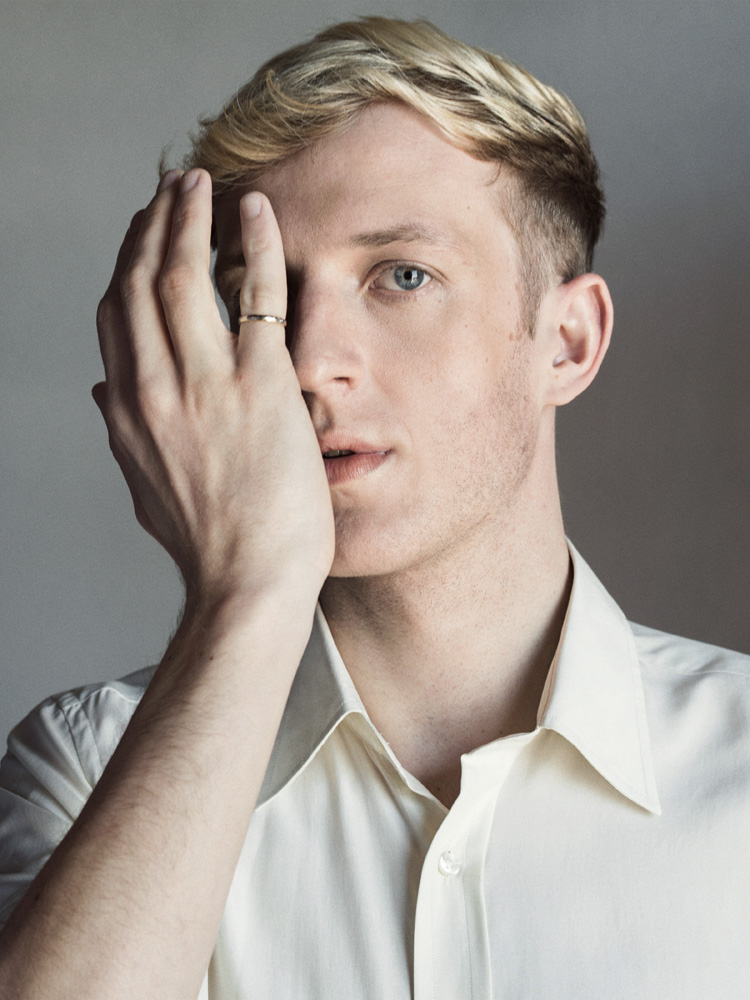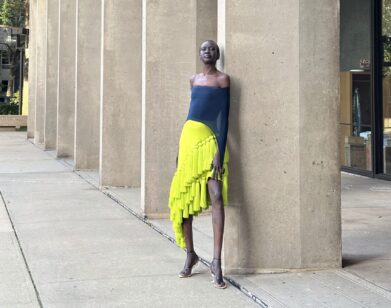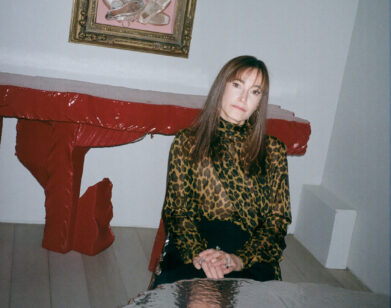Ã?douard Louis
For many writers, especially a gay one raised in a militantly heterosexual working-class factory town in Northern France, chronicling the trauma and alienation of childhood might prove to be a cathartic experience. Not so for the 25-year-old author Édouard Louis, born Eddy Bellegueule, who says, “I didn’t write to escape violence, but to find it. The violence I describe I didn’t experience as violence as a kid. It seemed natural, just life.” His brutal and brilliant autobiographical novel The End of Eddy was such a hit when it was published in his home country in 2014 that FSG is now releasing its English translation in the United States. In the book, he traces his coming of age, where every outward force—from the bullies at school to his macho-glorifying mostly out-of-work parents—exerts intense conformist pressure on an effeminate boy unable to control his mannerisms much less his desires. Louis’s prose-direct, unvarnished, and replete with wisdom as sharp as a scalpel—doesn’t soften the blows with sentimental forays into France’s lower white classes. In fact, much of why the book caused such a stir is Louis’s refusal to blanket the working class in the usual idealistic myths of authenticity and kindness: Eddy’s family and neighbors are doomed as well as dooming, predators as well as victims. “I wanted to show how people who are the objects of violence become active participants in it,” Louis explains. That even extends to his adolescent self. In one particularly devastating scene, Eddy habitually returns to a secret spot at school where two classmates can beat him up without being witnessed—and later, he fantasizes about sex acts with these same tormenters.
The worst hometown sin, according to the narrator, is being perceived as “the class enemy” or a defector from your own kind. Even a book in the house was perceived as a threat. “We didn’t have books,” Louis recalls, “because they represented the life you would never have, the life of educated people who have free time.” In a sense, Louis did become a class defector when he escaped his town to study acting at a regional theater school. At age 17, he came across a memoir by his future mentor, the philosopher Didier Eribon, which ignited his passion for literature. Other influences include Toni Morrison, Primo Levi, and Michel Foucault.
Following the original release of The End of Eddy, when he was just 21, Louis published a second novel in France called Histoire de la Violence, about being sexually assaulted by a stranger he meets on the streets of Paris and invites back to his apartment. He’s currently finishing a third book while also working on his PhD, and trying to spend at least a bit of his mid-twenties having fun with friends. And while The End of Eddy has its share of detractors, particularly in his hometown, it also has one especially meaningful fan: “When my book came out, my father phoned me and said, ‘Hello, Édouard. Daddy’s so proud of you.’ That’s the first time he called me by the name I chose for myself.”







